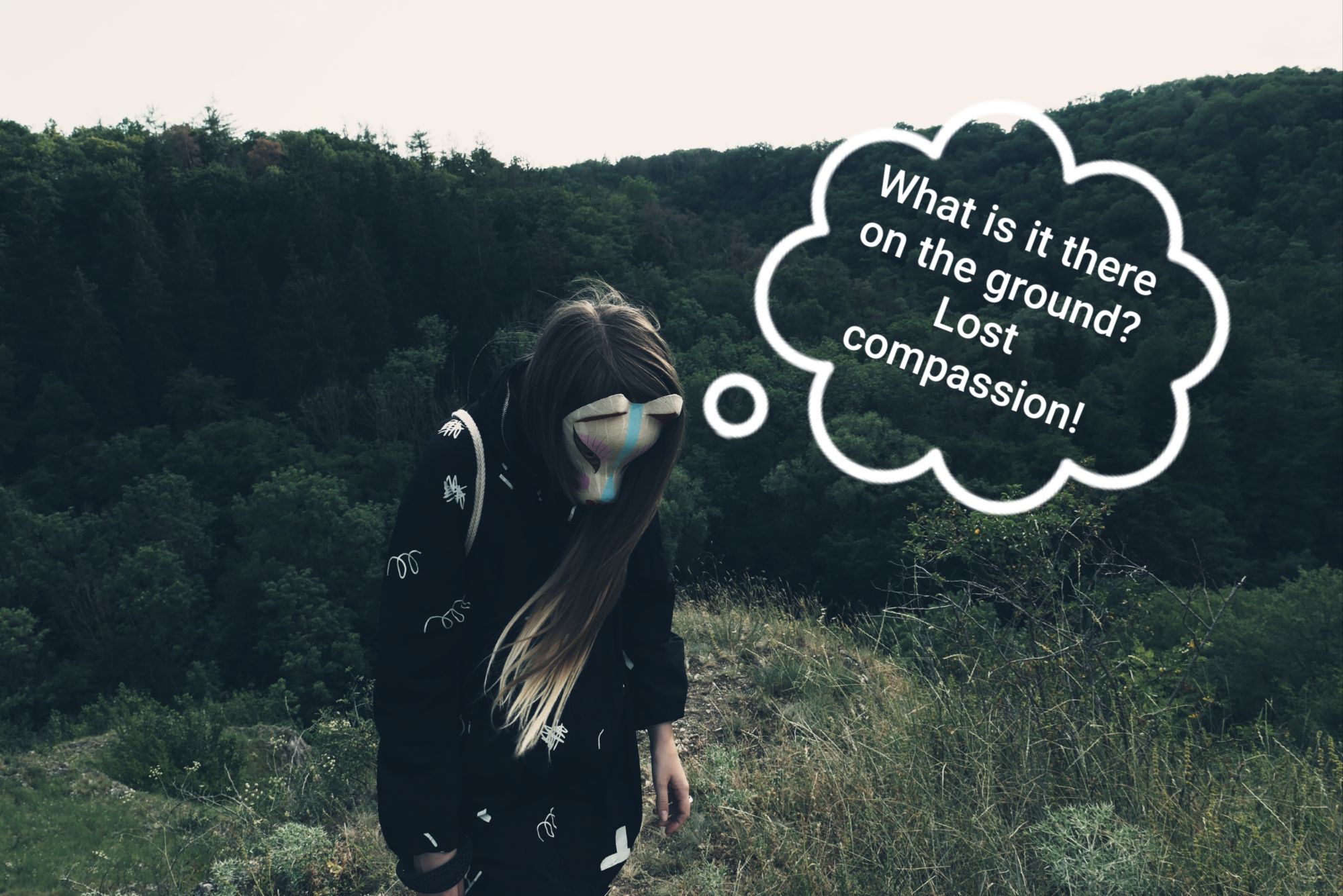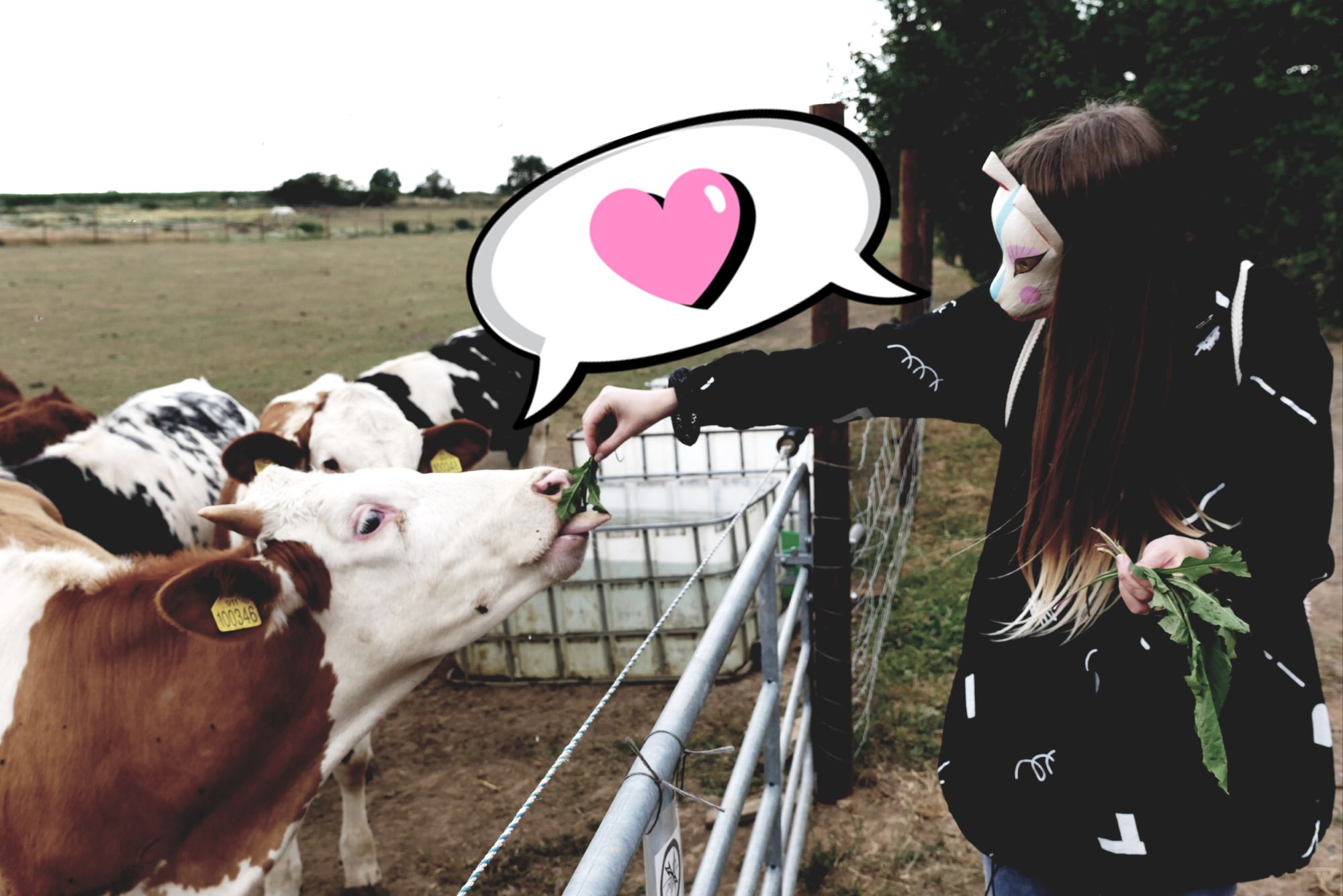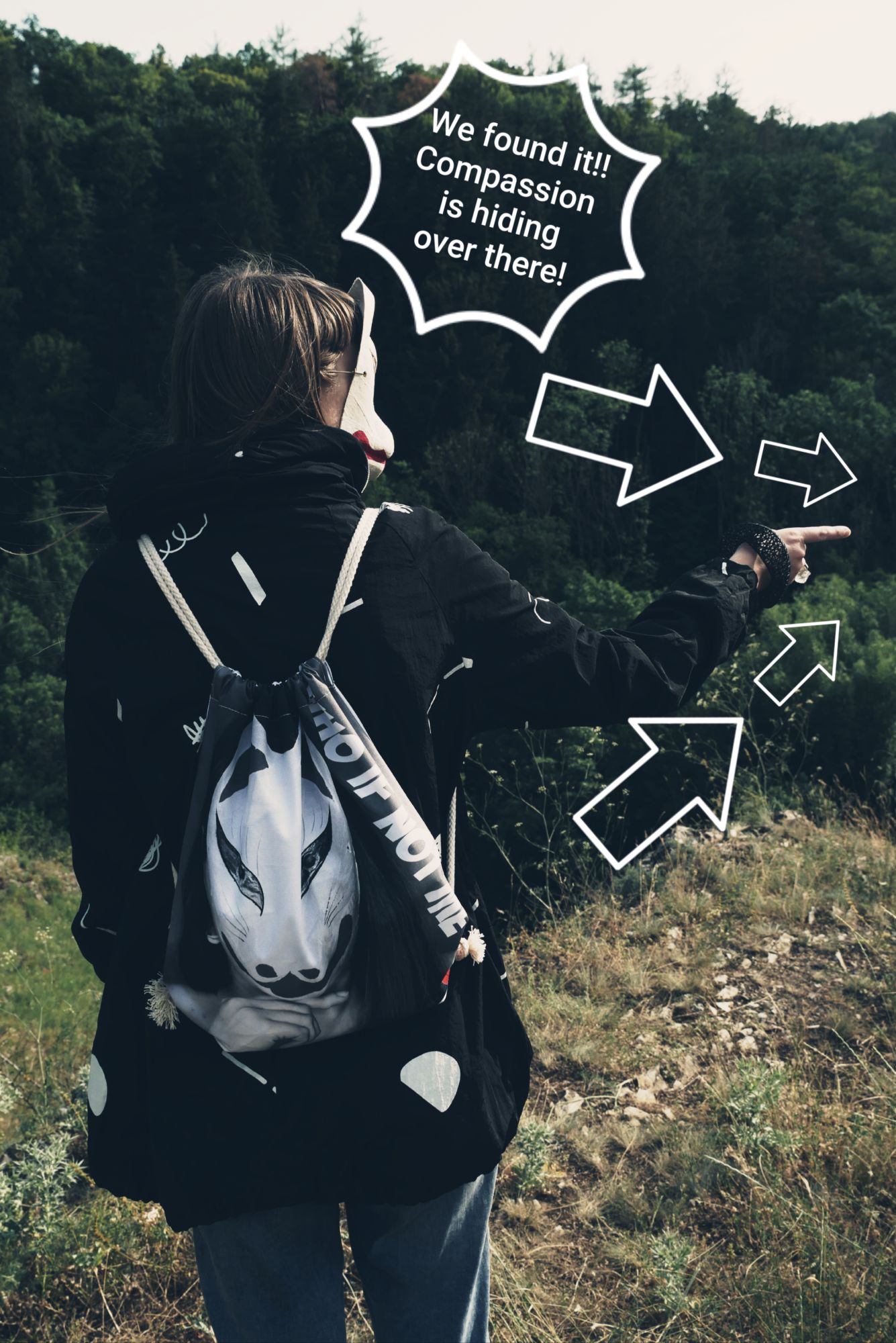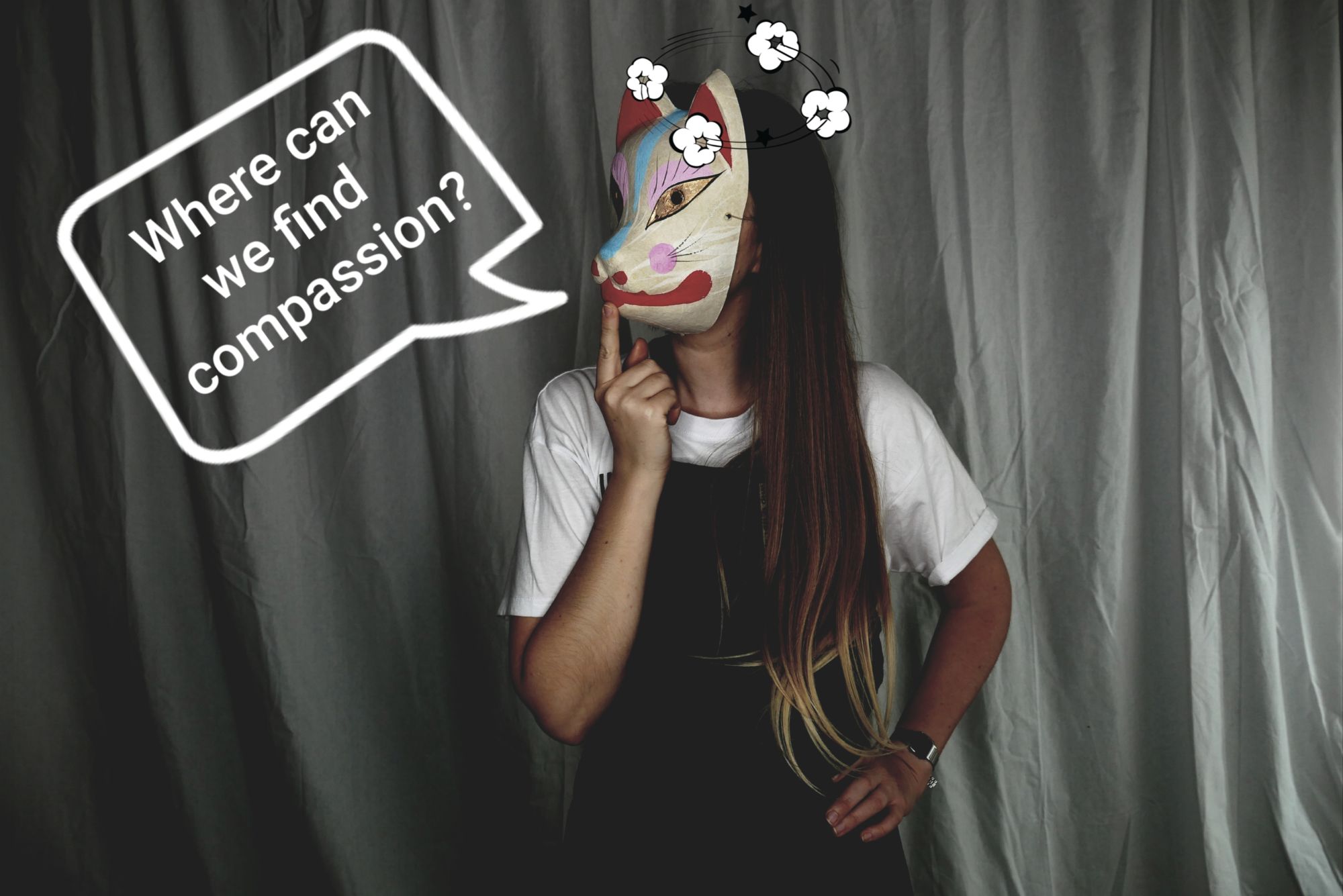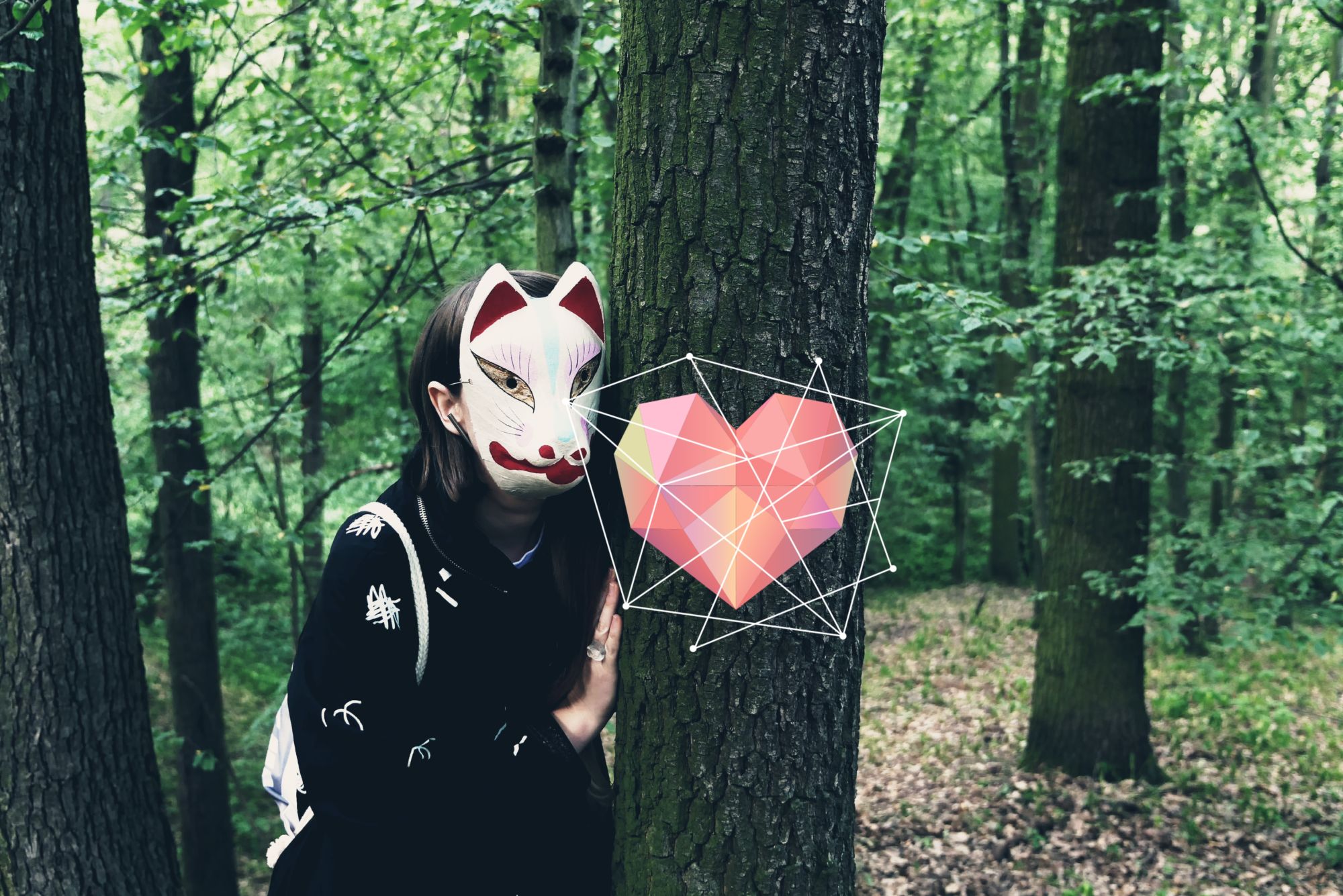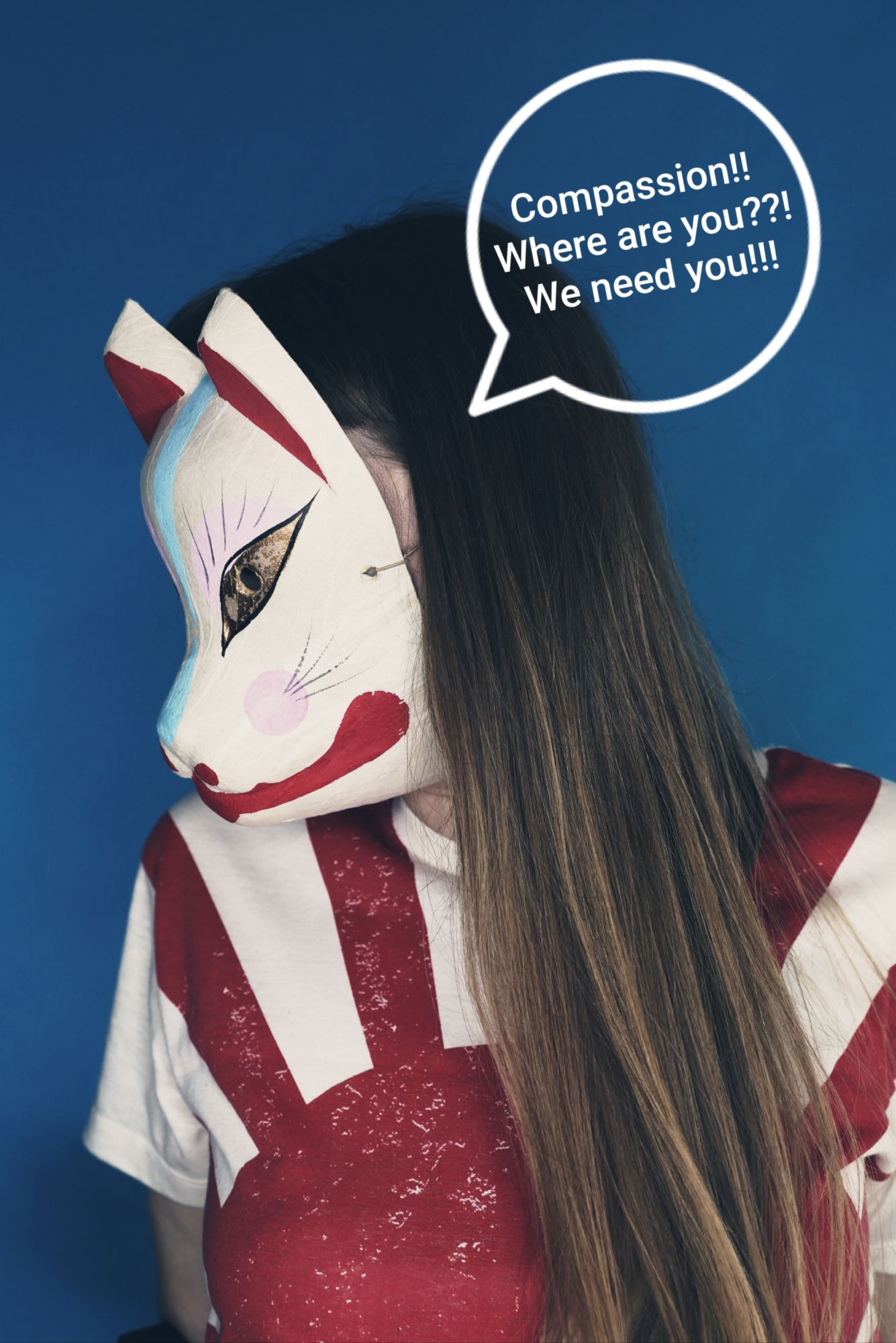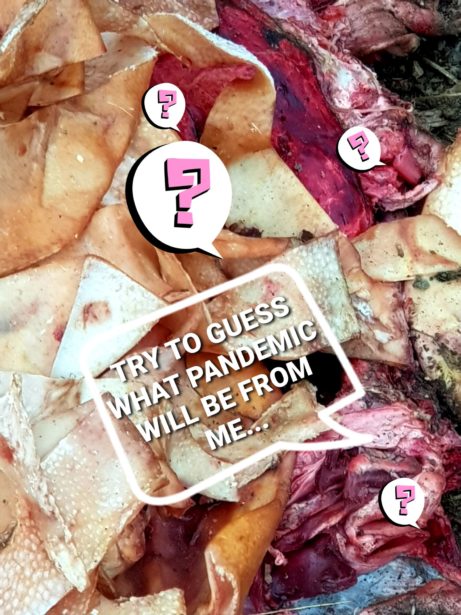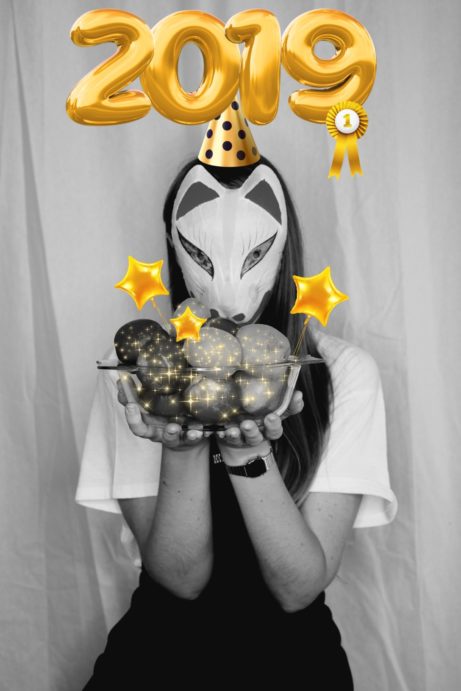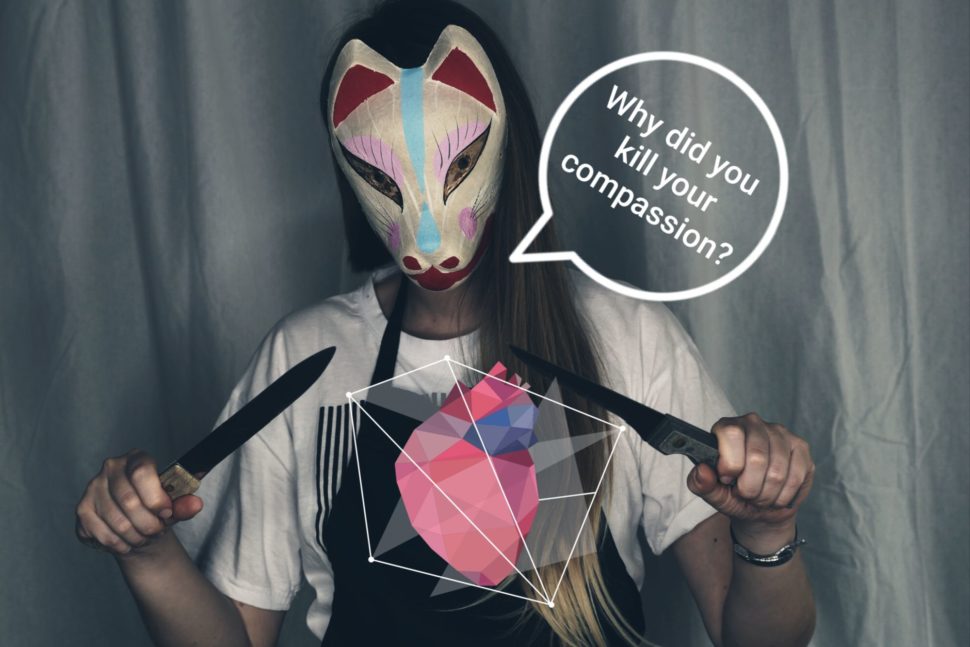
WITHOUT COMPASSION, HUMANITY WILL PERISH / BEZ SOUCITU LIDSTVO ZAHYNE
Česká verze níže ↓
Compassion. A word that has been spoken a lot lately. But what does compassion actually mean? Compassion is a feeling of complicity in the pain and suffering of others. One experiences an emotional movement over the suffering of others and an emotional connection with their suffering. It seeks to act towards mediating relief from their suffering.
Compassion is therefore a kind of motivation to alleviate the suffering of the other. But is it innate or learned? Does everyone have this important quality since birth and it‘s just necessary to realize it or do we acquire it during our lives? According to Robert Wright, the author of the book The Moral Animal, compassion is firmly encoded in our genes. This was due to the principle called family selection. Thus, if an animal sympathizes with and helps a close relative, this compassion helps the genes that have created compassion.
But how is it with compassion for those strangers with whom nothing connects us? In this case, a story, a face, a name or just any closer acquaintance with the person concerned, must come in, in order to establish a relationship. Therefore, it is a tragedy for us when one of our friends or acquaintances dies. We also mourn the loss of animals to which we gave name and which we cared for. The compassion of most people will not reach the nameless people who die at the other side of the world in war or famine, nor the billions of animals that suffer daily and then end up in the slaughterhouse.
However, the animals themselves are able to show compassion, even with other species. Even with those they feed on. How is it possible that a man who has the choice of his behavior on the basis of moral feeling, behaves worse than an animal that is guided only by instincts? Where did the error occur? What has caused people to lose the essential, natural and necessary trait such as compassion for all living things?
In many cultures, compassion is perceived as one of the most important human virtues. But in today’s modern world, compassion is seen as something inappropriate, useless and weakening. But the opposite is true. Expressions of compassion bring positive emotions and happiness. According to the Dalai Lama, compassion is important not only for the surroundings, but also for ourselves. When we feel compassion, we actually help ourselves. It is a cyclically closed circle. Any help to others also strengthens our inner peace. Compassion opens our hearts.
The enemy of compassion is fear and anxiety. There are also people who are not physically capable of compassion. These are psychopaths who have a personality disorder. These people are characterized by emotional coldness, lack of conscience, a tendency to cruelty and heartlessness. Today’s world seems to be made up of people who are either afraid or who are psychopaths that are mentally ill and cannot be blamed for their condition. How else can you explain such a strong hatred against immigrants or a complete lack of interest in the suffering of animals in factory farms?
We have reached the point where we have no compassion for absolutely anything. No matter if it‘s compassion for other people, animals, nature or our planet. Even with the air we breathe, which is absolutely essential to our lives, we are not compassionate . Fossil fuels and the associated increasing amounts of carbon dioxide, the artificial production of an incredible number of cattle, and the associated overproduction of methane, are all examples that it is high time to discover our compassion.
First of all, perhaps we should focus on compassion for ourselves. Compassion for yourself is characterized by manifestation of compassion for ourselves at times when we experience some suffering, failure or realization of our lack. The fact that we failed as humanity is no longer a secret. But it is important to admit it and have compassion for ourselves. Only this way we can change and gradually increase our compassion for ourselves to compassion for everything living. According to the Dalai Lama, compassion is an absolute necessity without which humanity will perish, as evidenced by many scientists‘ warnings of a climate catastrophe that we will soon face if we don’t find the collective compassion.
Soucit. Slovo, o kterém se poslední dobou hodně mluví. Co ale soucit vlastně znamená? Soucit je pocit spoluúčasti na bolesti a trápení druhých. Člověk prožívá emoční pohnutí nad utrpením druhých a emoční spojení s jejich utrpením. Snaží se jednat směrem ke zprostředkování úlevy od jejich utrpení.
Soucit je tedy jakousi motivací ke zmírnění utrpení druhého. Je však vrozený či naučený? Mají tuto důležitou vlastnost všichni od narození a je jen potřeba si ji uvědomit nebo si ji během života osvojujeme? Podle Roberta Wrighta, autora knihy Morální zvíře, je soucit pevně zakódovaný v našich genech. Stalo se tak díky principu zvanému příbuzenský výběr. Pokud tedy živočich soucítí s blízkým příbuzným a pomůže mu, tento soucit tak pomáhá genům, které soucit vyvolaly.
Jak je to ale se soucitem k těm cizím, se kterými nás nic nepojí? Zde musí nastoupit příběh, tvář, jméno, zkrátka jakékoli bližší seznámení s dotyčným, aby došlo k navázání vztahu. Proto je pro nás tragédie, když zemře někdo z našich přátel či známých. Oplakáváme i ztrátu zvířat, kterým jsme dali jméno, a o která jsme se starali. Soucit většiny lidí se tak nedostane k bezejmeným lidem, kteří umírají na druhém konci světa ve válce či kvůli hladomoru, ani k miliardám zvířat, která denodenně trpí a pak končí na jatkách.
Avšak sama zvířata jsou schopna projevit soucit a to dokonce i s jinými živočišnými druhy. Dokonce i s těmi, kterými se živí. Jak je možné, že člověk, který má možnost volby svého chování na základě morálního cítění, se chová hůř než zvíře, které je vedeno pouze instinkty? Kde nastala chyba? Co zapříčnilo, že lidi ztratili základní, přirozenou a nezbytnou vlastnost jako je soucit se vším živým?
V mnoha kulturách je soucit vnímán jako jedna z nejdůležitějších lidských ctností. V dnešním moderním světě je ale na soucit pohlíženo jako na něco nepatřičného, neužitečného a člověka oslabujícího. Opak je však pravdou. Projevy soucitu přinášejí dotyčnému pozitivní emoce a pocit štěstí. Podle dalajlámy je soucit důležitý nejen pro okolí, ale i pro nás samotné. Když soucítíme, pomáháme vlastně sami sobě. Je to cyklicky uzavřený kruh. Jakákoli pomoc druhým totiž posiluje i náš vnitřní klid. Soucit otevírá naše srdce.
Nepřítelem soucitu je pak hlavně strach a úzkost. Rovněž existují lidé, kteří nejsou fyzicky schopni soucitu. Jedná se o psychopaty, kteří mají poruchu osobnosti. Tito lidé se vyznačují citovou chladností, nedostatkem svědomí, sklony ke krutosti a bezcitnosti. Dnešní svět tak vypadá, že je celý tvořen buď lidmi, kteří se bojí nebo psychopaty, kteří jsou duševně nemocní a za svůj stav nemůžou. Jak jinak si vysvětlit tak silnou nenávist vůči imigrantům či naprostý nezájem o utrpení zvířat ve velkochovech?
Dospěli jsme do bodu, kdy nemáme soucit absolutně s ničím. Ať už se jedná o soucit s ostatními lidmi, se zvířaty, s přírodou nebo s naší planetou. Dokonce ani k vzduchu, který dýcháme, a který je pro náš život naprosto zásadní, se nechováme soucitně. Fosilní paliva a s nimi související zvyšující se množství oxidu uhličitého, umělé produkování neuvěřitelného počtu dobytka a s ním spojená nadměrná produkce metanu jsou všechno příklady toho, že je nejvyšší čas svůj soucit v sobě objevit.
Ze všeho nejdříve bychom se možná měli zaměřit na soucit se sebou samými. Soucit se sebou je charakterizován projevením soucitu k sobě samému ve chvílích, kdy zažíváme nějaké trápení, selhání nebo si uvědomujeme nějaký svůj nedostatek. To, že jsme jako lidstvo selhali, již není žádným tajemstvím. Je však důležité si to přiznat a mít se sebou soucit. Jedině tak se můžeme změnit a postupně soucit se sebou povýšit na soucit se vším živým. Podle dalajlámy je soucit dokonce naprostou nezbytností, bez níž lidstvo zahyne, čemuž nasvědčují i mnohá varování vědců o klimatické katastrofě, které bez nalezení kolektivního soucitu budeme zakrátko čelit.

